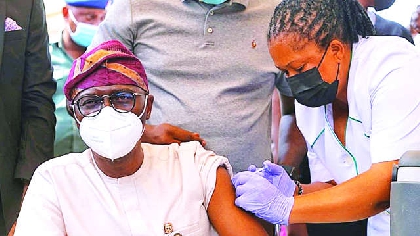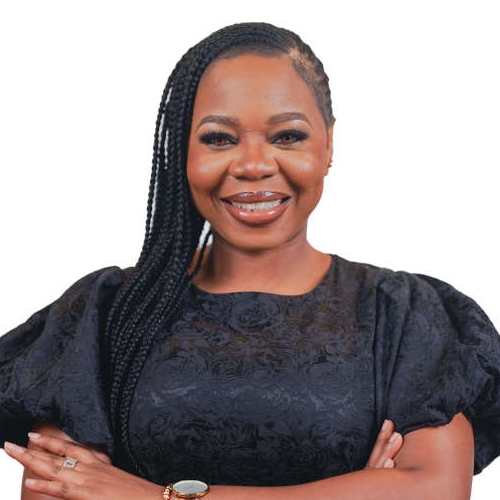
Lagos State is yet to commence the second phase of the Covid-19 vaccination programme in Nigeria. Senior Special Assistant on Health to the Executive Governor of Lagos State, Dr. Oreoluwa Finnih, confirmed to Nigeria Info that plans are underway for the commencement of the exercise.
Also, Director Public Affairs, Lagos State Ministry of Health, Tunbosun Ogunbanwo said a press release will be sent to inform the public as soon as the exercise is set to begin.
A health official, who spoke to our correspondent on the condition of anonymity, is hopeful that the exercise will start next week in Lagos.
“It is expected that we begin administering probably next week.
“We were trained last week on how to administer the dose, am sure you are aware that is a one-dose vaccine (J&J vaccine),” she added.
The second phase of the vaccination programme was flagged off on Monday with the administration of new vaccines at the Federal Medical Centre, Abuja.
The event was attended by members of the Presidential Steering Committee on COVID-19.
Meanwhile, the Federal Government has disclosed that is expecting additional doses of Oxford-AstraZeneca as well as the Johnson and Johnson vaccines.
The Executive Director of the National Primary Health Care Development Agency, Faisal Shuaib, disclosed this on Monday during the flag-off of the second phase of vaccination against the pandemic in the country.
He said the new vaccines are part of the donation by the government of the United Kingdom, and that it would be targeted at those due for the 2nd doses of the Oxford-AstraZeneca vaccines.
The single-shot J&J vaccines are expected to be deployed in hard-to-reach areas, to eliminate the need for travel for a second dose.
“In the next couple of weeks, we will be expecting up to 3.9 million doses of the AstraZeneca vaccines to complement what we already have.
“This will also ensure that we cover not only those who will be taking their 2nd dose but also for those who will want to take their first dose of this vaccine,” he said.
So far, only about one per cent of the population has been fully vaccinated.


